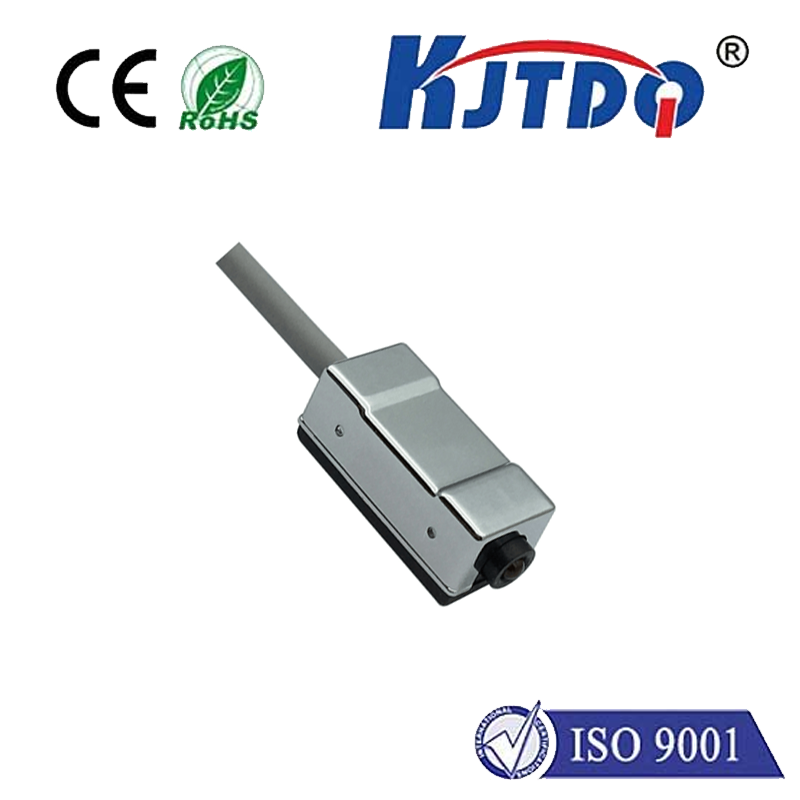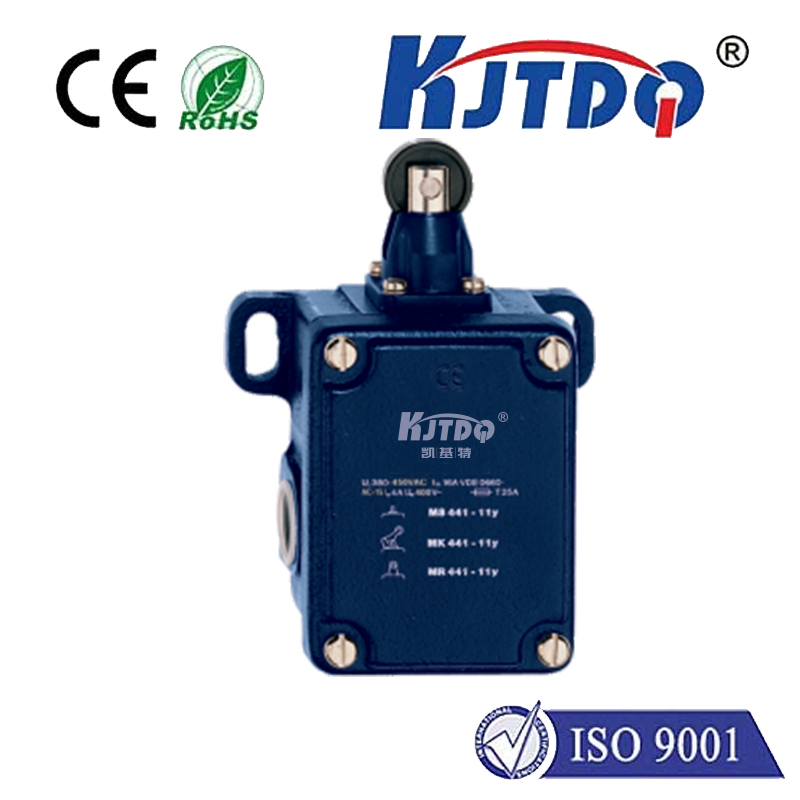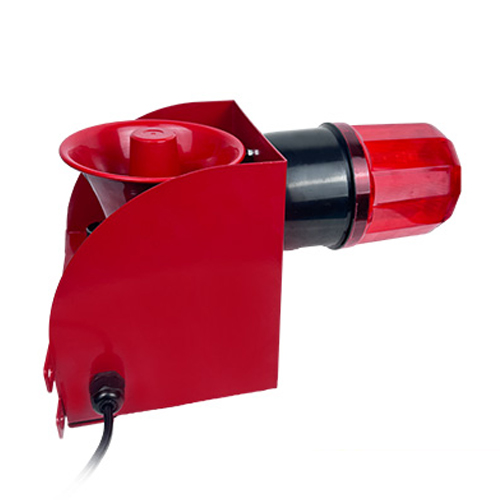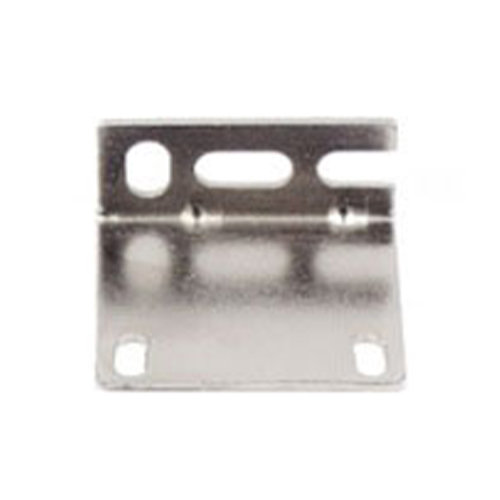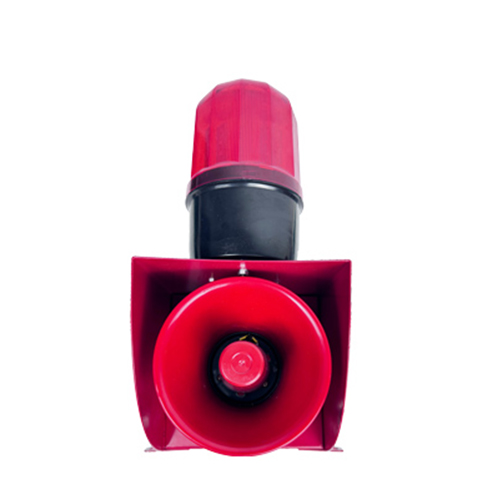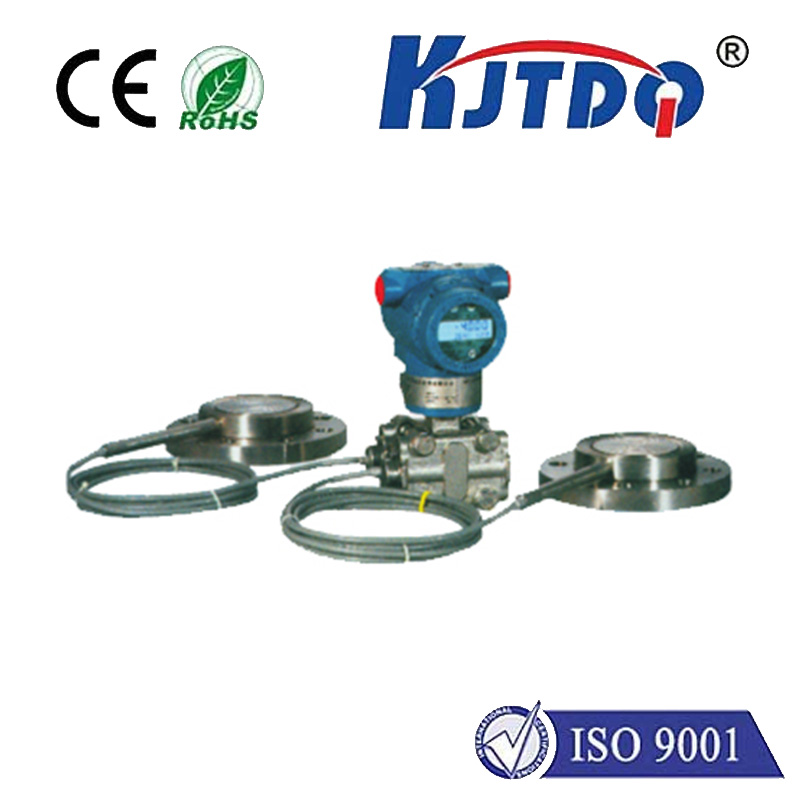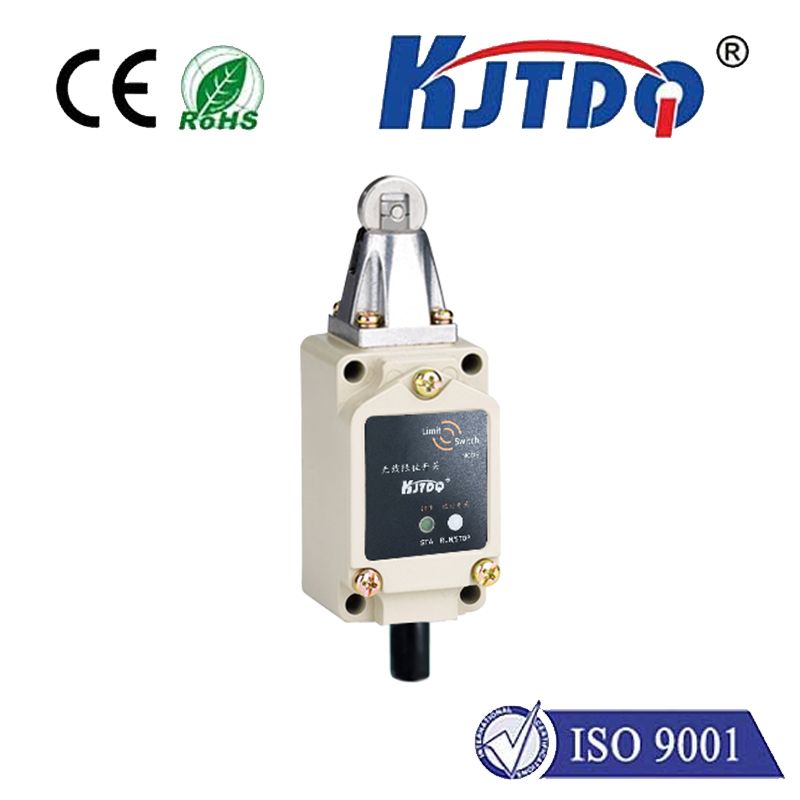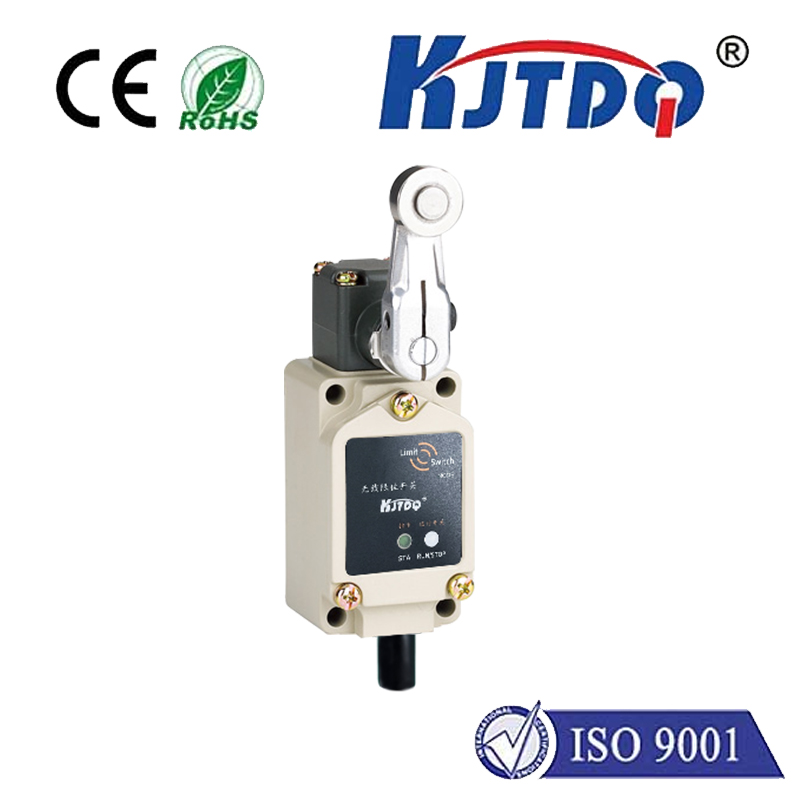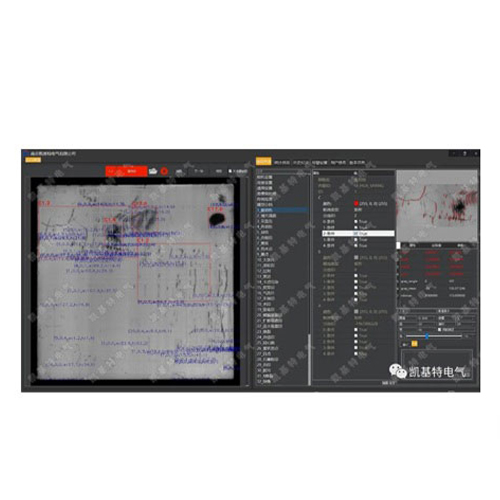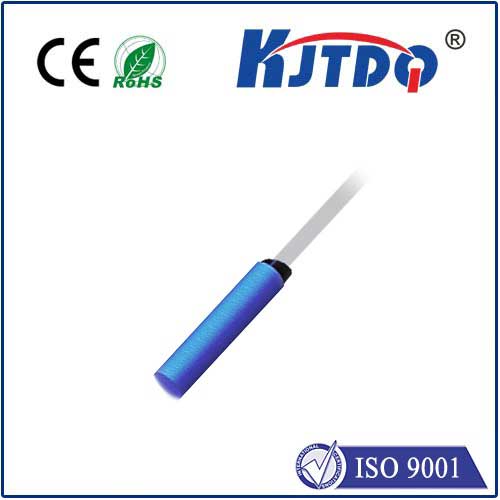

check

check

check

check
Imagine machinery operating with uncanny precision, assembly lines flowing seamlessly, and production halts prevented before they even happen. At the heart of this industrial efficiency often lies an unsung hero: the proximity sensor. And within this critical component category, Jai Balaji proximity sensors have carved a niche as dependable workhorses in demanding Indian manufacturing environments. These sensors are fundamental building blocks in modern automation, providing non-contact detection crucial for countless processes.
The Essential Role of Proximity Sensors in Automation
Proximity sensors detect the presence or absence of an object without physical contact. They do this by emitting electromagnetic fields, light beams, or ultrasonic waves and sensing changes in the return signal caused by a target object entering their detection range. This simple function has profound implications:
Unlike mechanical limit switches prone to wear and tear, non-contact inductive proximity sensors offer significant advantages: long operational life, high reliability (no moving parts), fast response times, and resistance to harsh environments like dust, oil, and vibrations.
Jai Balaji: A Trusted Name in Industrial Sensing

Jai Balaji Industrial Products is a recognized Indian manufacturer offering a wide range of industrial components, including a comprehensive lineup of proximity sensors. Catering specifically to the needs of diverse sectors like automotive, packaging, textiles, machine tools, and material handling, Jai Balaji brings local manufacturing prowess and an understanding of challenging operational conditions to the table.
The Jai Balaji proximity sensor range primarily focuses on inductive proximity sensors – the most common type for detecting metallic objects. These sensors are known for their robust construction and consistent performance. Key features typically associated with this range include:
Where Jai Balaji Proximity Sensors Excel
The inherent reliability, durability, and straightforward functionality of Jai Balaji proximity sensors make them ideal for numerous applications:
Installation and Considerations
Installing Jai Balaji proximity sensors is generally straightforward, but requires attention to detail:
The Value Proposition: Reliability Meets Affordability
In the demanding world of industrial automation, downtime is expensive. Choosing sensors that offer consistent performance and longevity minimizes unplanned stoppages. Jai Balaji proximity sensors provide a compelling solution by balancing proven reliability with the cost-effectiveness associated with local manufacturing and distribution. This combination makes them a practical choice for businesses looking to optimize their automation infrastructure without compromising on performance or incurring excessive costs. Their widespread availability through industrial suppliers across India also simplifies procurement and replacement.
For engineers, technicians, and plant managers seeking dependable, non-contact detection for metal objects in challenging conditions, exploring the Jai Balaji proximity sensor range is a logical step. Their robust design, adherence to common industrial standards, and focus on core functionality solidifies their position as a trusted component in powering efficient and reliable industrial processes across the nation.
